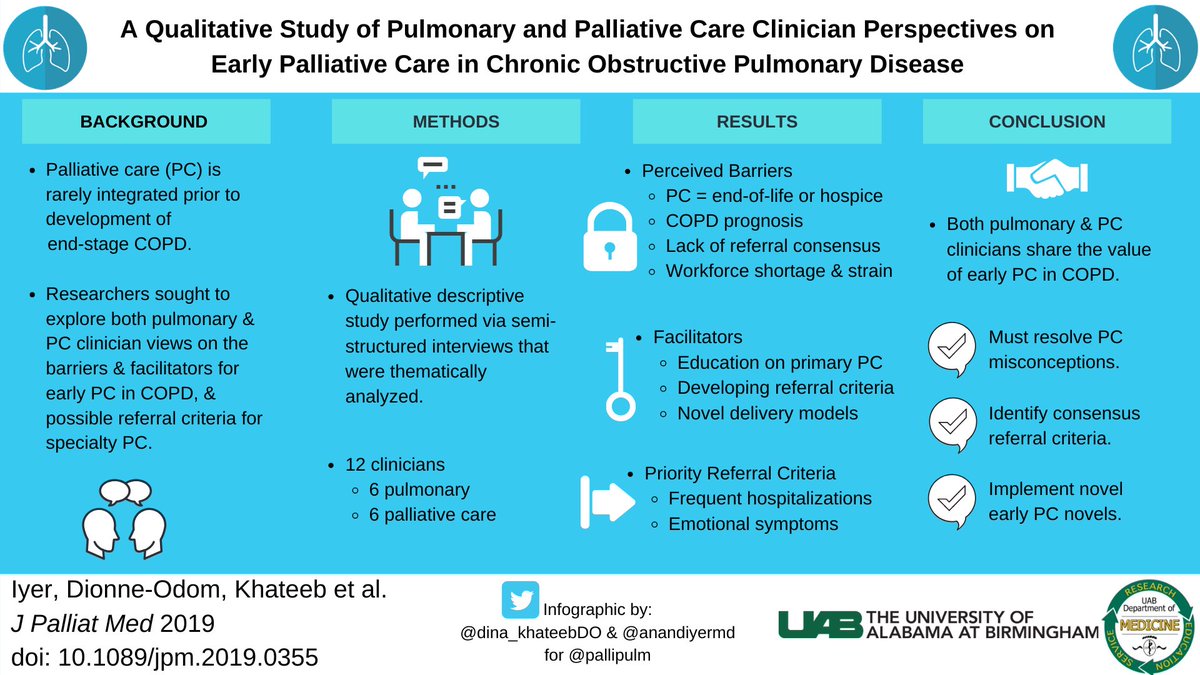
After an intense ICU event (eg. emotional family meeting or code), especially with trainees, take time to debrief with your whole team. Pause to acknowledge & process emotions & give a safe space to have them. Don’t just go back to the grind as we do. That stacks up #unwellness.
2/ These can be & are extremely traumatic events for HCWs, & yet I see trainees, nurses, fellow colleagues going to the next patient, chart, or procedure sometimes wiping tears from their eyes. I don’t know if we built this system up that way, but it shouldn’t be.
3/ Pause to have these emotions. Take time for yourself and your team. If an unexpected code happens while you’re rounding with a team of residents, pause. Debrief it. Let your residents have those emotions. Take a break. Buy everyone coffee. Don’t just keep going on rounds.
4/ Debriefing the emotional part of an unexpected code or intense family meeting can be hard to do, but it’s vital. It also doesn’t take much. “Tell me what you’re feeling.” “It’s ok to have those feelings.” Some things to start the convo.
5/ We need to do better recognizing emotions, i.e. emotional awareness. Learned this from #palliativecare friends. Recognizing emotions is key. We’re trained to feel for the pulse, so feel the pulse of your team. If not trained to debrief or uncomfortable, take 5 min & regroup.
• • •
Missing some Tweet in this thread? You can try to
force a refresh





